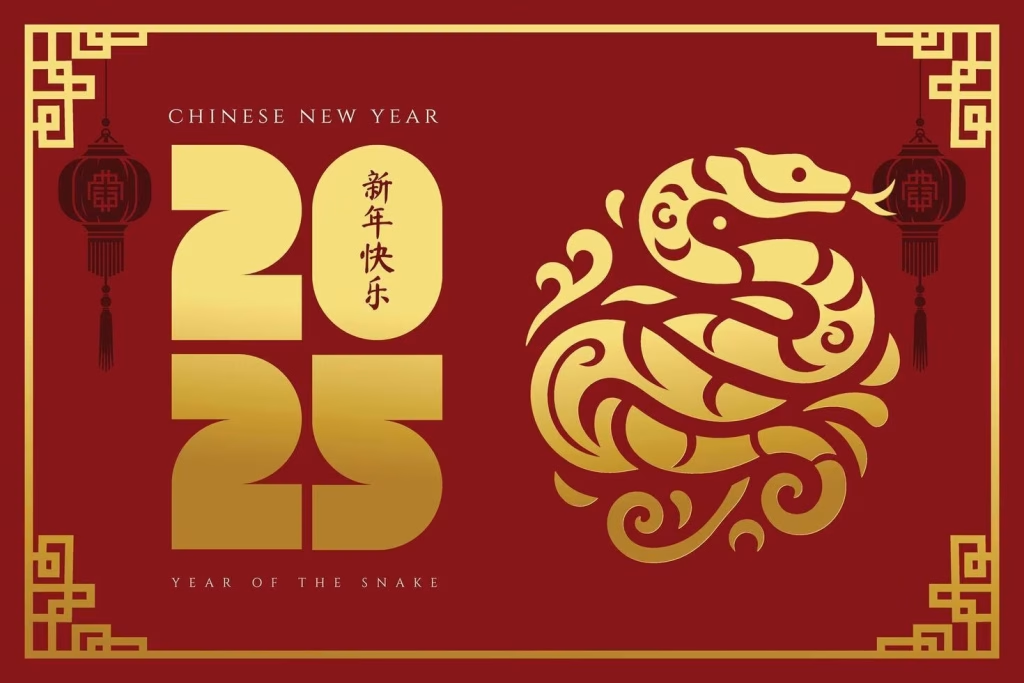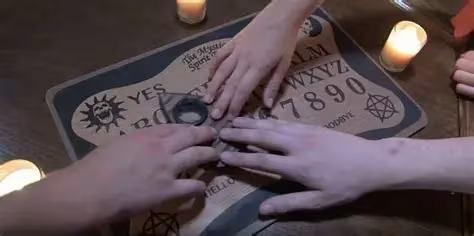Born in an Age of Spirits
The Ouija board first appeared in 1890, during a time when séances and Spiritualism had taken hold of grieving families desperate to hear the voices of the dead. Marketed as a “mystical talking board,” it promised answers with a speed no medium could match. Yet from the very beginning, whispers suggested it was more than cardboard and wood—that it carried an energy not entirely its own.
The Name That Came From Nowhere
One of the board’s earliest sessions left a chilling mark on its history. When asked what it wished to be called, the planchette spelled “O-U-I-J-A.” The sitters asked what it meant. The board answered: “Good luck.” Was it mocking? Warning? Or claiming itself as a tool of something unseen? Some dismissed it as coincidence, others tied it to a locket worn by Helen Peters, a woman present that night. But believers insist the board christened itself, cementing its reputation as a vessel with a mind—and perhaps a soul—of its own.
Folklore of Fear
From candlelit basements to slumber parties, countless tales have grown around the Ouija board. Some claim to have contacted children lost in tragic fires, soldiers who never came home, or relatives speaking secrets long buried. Others tell darker stories: planchettes moving violently on their own, strange knocks echoing through the house, shadows lingering after sessions end. The 1973 film The Exorcist only amplified the dread, linking the board to demonic possession—and countless families swore never to keep one in their homes again.
Real-Life Cases That Fuel the Legend
One of the most infamous accounts unfolded in St. Louis in 1949, when a young boy grieving his aunt turned to the Ouija board. Soon, his family reported violent disturbances: objects flying, guttural voices, and scratches carved into his skin. Priests were summoned, and the terrifying exorcism that followed inspired The Exorcist novel and film.
Earlier, in the 1910s, a St. Louis housewife named Pearl Curran claimed the board connected her with “Patience Worth,” a 17th-century Englishwoman. Over years of sessions, Patience dictated novels and poetry with uncanny skill, baffling scholars who doubted Curran’s education could explain the works.
More recently, families have blamed hauntings on casual Ouija use. In one Connecticut case in the 1990s, children played with the board in a basement, after which footsteps, slamming doors, and shadowy apparitions plagued the household. Others tell of boards that refuse to burn, planchettes that return after being discarded, and the dreaded names “Zozo” or “Mama” appearing across unrelated sessions—entities said to stalk anyone who dares summon them.
A Presence That Refuses to Fade
Even today, whether dismissed as subconscious trickery or embraced as a true portal to the beyond, the Ouija board retains its unsettling hold. Sold in toy stores yet shunned as cursed, it beckons with the same promise it has whispered for over a century: ask, and you may not like the answer.


